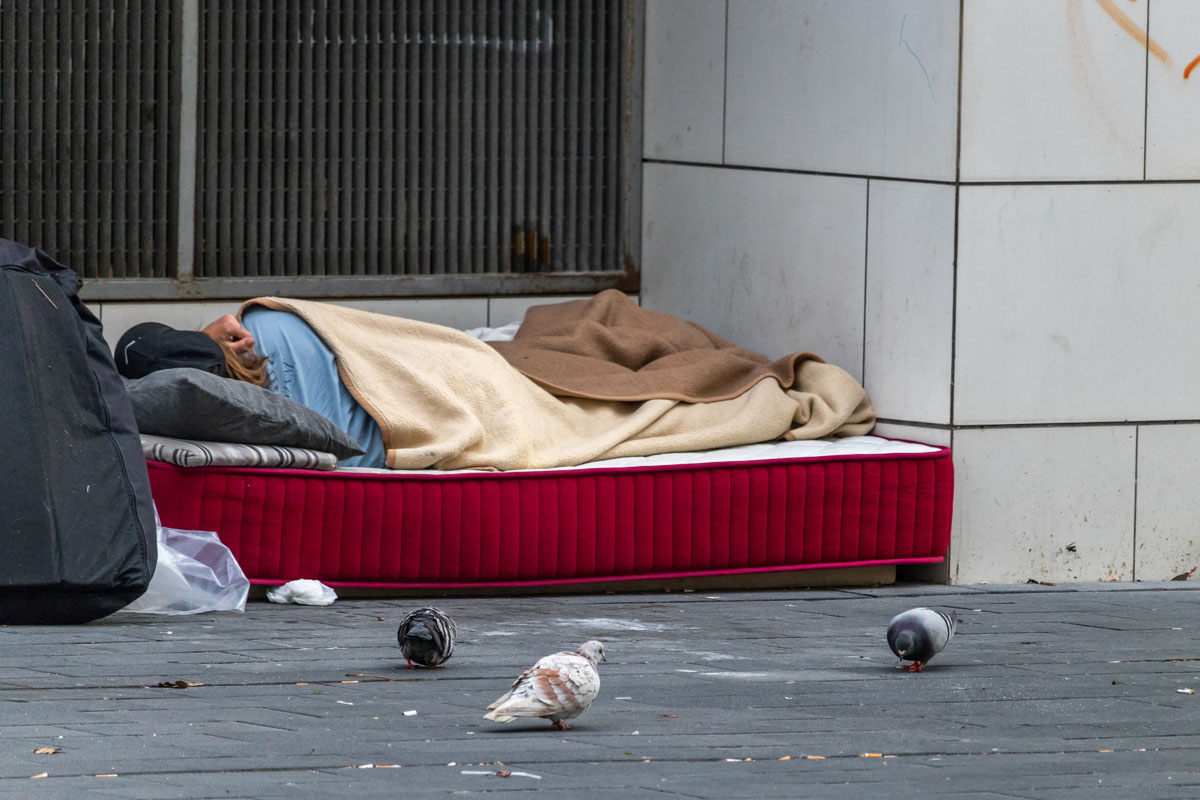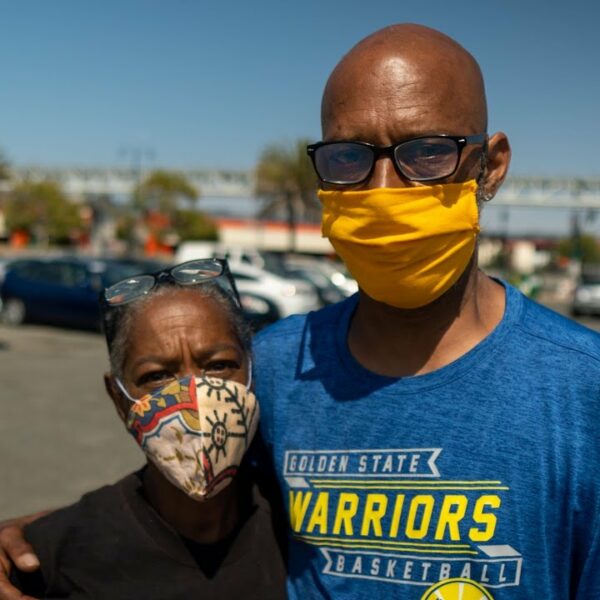Across Europe, stay-at-home orders have been implemented to help protect people from the spread of coronavirus. But in some countries, these orders have been brought in without adequate support for homeless people.
As a result, homeless people across Europe have faced charges and received fines for not following stay-at-home lockdown orders, despite the fact they physically do not have a home to stay in.
Let’s take a closer look at what’s been happening.
The Overview:
“Lockdown” to fight COVID-19 was introduced in Europe mid-February when Italy first issued stay-at-home orders for a variety of towns and cities in their northern areas, then extended nationally.
Since then, lockdown orders have also been introduced across the continent. These varied from severe national lockdowns as seen in Spain, the UK and France, to more localised orders or national recommendations as seen in Iceland, Finland and Latvia.
Check out this BBC graphic that breaks down exactly how the crisis and government responses have unfolded in Europe:

The issue that has arisen in many countries though, is that lockdown or stay-at-home orders fail to protect communities’ most vulnerable people: those experiencing homelessness.
And in an effort to get ahead of the virus, a lot of nations issued lockdown orders before they put provisions in place to enable homeless people to stay inside and socially distance. This has resulted in homeless people receiving fines for not staying at home – despite the fact they don’t have a home.
How Has This Affected Homeless People?
Sadly, there are several reports of homeless people in Europe facing fines for not following stay-at-home orders, regardless of the fact they don’t have a home to stay in.
- Italian police have issued fines to homeless people for not staying inside in a number of cities.
- In Jersey Channel Island, three homeless people were fined for not following emergency laws instructing islanders to only go outside for essential reasons such as food shopping, work and exercise.
- Homeless people were issued with fines for failing to follow government lockdown orders by police in Paris, Lyon and Bayonne, France, according to the charities.
- Shelters in Amsterdam are now shut during the day – a decision that forces people outside where it is harder to isolate and avoid people.
How Can Homeless People Be Protected During the Pandemic?
The European Federation of National Associations Working with the Homeless (FEANTSA) addressed the issue saying that positive steps are being taken across the continent to acquire new spaces that can offer homeless people shelter that complies with isolation and social distancing rules.
Hotels, hostels, Airbnb as well as large indoor spaces like gymnasiums and airports have been requisitioned by governments to offer indoor spaces for homeless people so they can avoid being issued fines.
But more is still to be done. FEANTSA Deputy Director Ruth Owen explained:
“The settings where homeless people can be safely housed are quite dangerous places at the moment if you are not able to separate those infected and not infected.”
“We need targeted outreach in testing for homeless people because they are a particularly vulnerable group, less able to protect themselves and more likely to get sick and die.”












